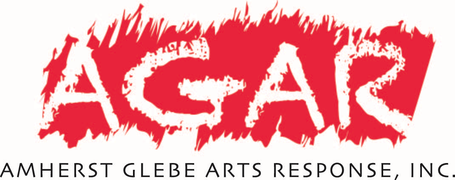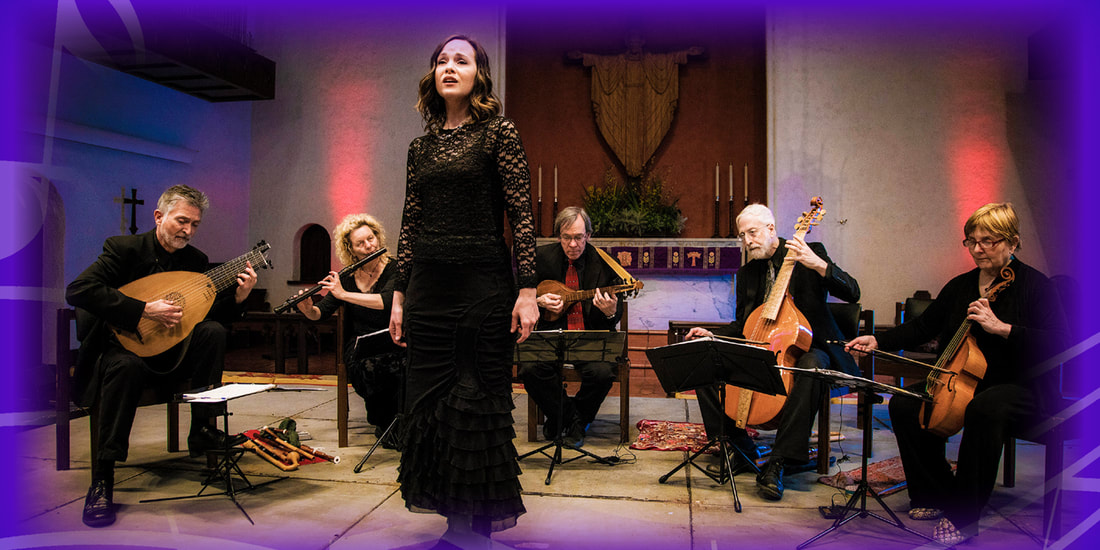The Baltimore Consort
“The Food of Love - Songs, Dances, and
Fancies for Shakespeare”
“The Food of Love - Songs, Dances, and
Fancies for Shakespeare”
7:30 pm February 24, 2024
Second Stage | Amherst
194 2nd Street
Second Stage | Amherst
194 2nd Street
The Baltimore Consort’s core repertory for this concert consists of music of the Elizabethan era — songs from Shakespeare plays, with the band’s colorful array of instruments. Mary Anne Ballard, treble and bass viols; Mark Cudek, cittern, bass viol; Larry Lipkis, bass viol, recorder, krummhorn, gemshorn; Grammy nominated Ronn McFarlane, lute; and Mindy Rosenfeld, flutes, fifes, bagpipes, and krummhorn. Ethereal soprano Danielle Svonavec performs some of the greatest hits from the Bard’s songbook.
|
Founded in 1980 to perform the instrumental music of Shakespeare’s time, The Baltimore Consort has explored early English, Scottish, and French popular music, focusing on the relationship between folk and courtly art song, and dance. Their interest in early music of English/Scottish heritage has also led them to delve into the rich trove of traditional music preserved in North America. There are hundreds of references to music in the works of Shakespeare. Shakespeare’s music can be placed into three general categories: Incidental Music- The individual titles of incidental music in Shakespeare’s works are never named but the directions “music here,” “music begins,” “music for dancing,” etc. are provided. Literary References- Shakespeare refers to the music, music theory, and instruments of the time within the text of his works. |
A humorous example is found in the names of the musicians Peter confronts in Romeo and Juliet: Hugh Rebec, Simon Catling and James Soundpost. Songs- Specific songs are included for performance in the text of Shakespeare’s plays. Shakespeare authored the lyrics to some of these songs but also incorporated popular songs known to his contemporary audiences. The plays did not include notation of the tunes of these songs. However, we are certain that Robert Johnson’s settings for “Full Fathom Five” and “Where the Bee Sucks” are the same as when originally performed in The Tempest. Robert Johnson is well documented as Shakespeare’s composer. For the other songs on the recording we are using the earliest surviving versions – both published and from manuscript – which are contemporary with Shakespeare’s productions. These include, “It Was a Lover and his Lasse,” “Farewell, Dear Love,” “When Griping Grief,” “Gravedigger’s Song,” and “Willow Song.” |


